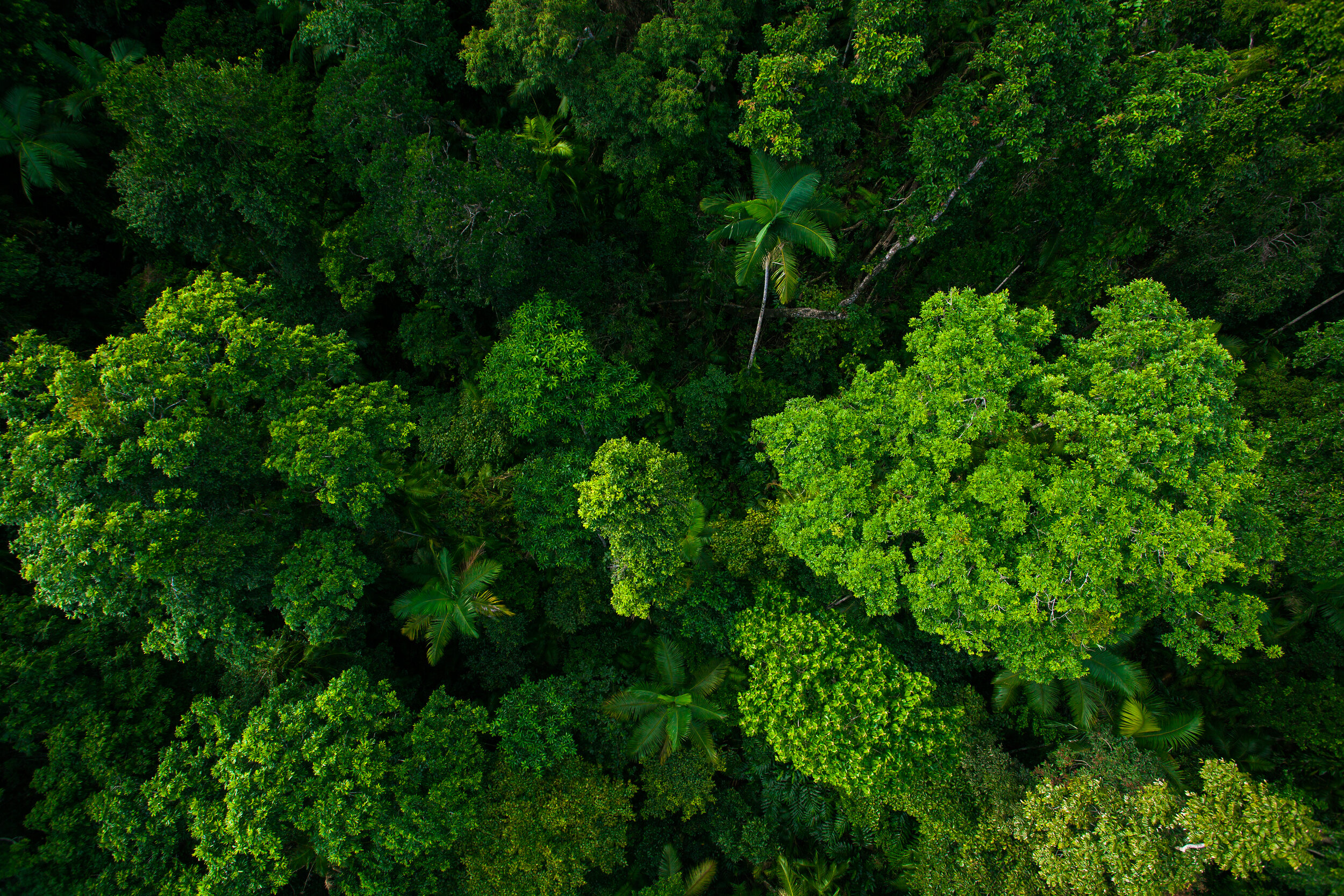
Opportunities
Join the Sound Forest Lab!
In the Sound Forest Lab, we do ecology and conservation research with a focus on the tropical forests. The Sound Forest Lab is based at the University of Wisconsin Madison, in two departments: The Department of Forest and Wildlife Ecology and The Nelson Institute for Environmental Studies. This is what Madison looks like:
Postdoctoral researcher
The Sound Forest Lab is looking for an enthusiastic postdoctoral researcher to work with existing large tropical forest soundscape datasets, on questions about natural variation in soundscapes over space and time and use in conservation. Start date – January 1st 2025 (or earlier). Location: University of Wisconsin-Madison, Wisconsin, USA. Applications will be reviewed on October 1st 2024, but later applications will be considered too until the position is filled.
Qualifications:
PhD in ecology, conservation, forestry, bioacoustics, computer science with focus on bioacoustics, or related field.
Expertise in analysing bioacoustic / soundscape data in at least one, but preferably several topics, including: manipulating, displaying, processing and archiving large soundscape datasets, creating automatic call/song recognizers (such as in R, Raven, or similar), ecological modelling using soundscape data, soundscape indices, proficiency in R.
Additionally desirable expertise and skills: occupancy modelling, Convolutional Neural Networks, GAMMS, python, language knowledge beyond English, knowledge of tropical fauna, fieldwork experience in rainforests, camera trap data, remote sensing.
Excellent written and spoken communications skills, collaboration skills with a diverse team, scientific writing.
Very high level of independence is important for this position.
To apply, please submit here:
Curriculum vitae
One page statement of interest
Table of skills and experiences
List of 3 referees, no need for reference letters yet. We will notify you before contacting referees.
Salary: USD61,500/year, and benefits (health insurance, etc.). Salary is non-negotiable. The initial contract is for 1 year, renewable pending funding and performance.
Location: Based on university regulations, this position cannot be filled with a person working remotely. Madison is a great place to live though, and the university has a vibrant and large community of ecologists and conservation scientists!
Who should apply: Everyone! Our lab strives to create a welcoming environment for lab members from all backgrounds and walks of life. We value diversity. If you do not neatly fall into the job description category but have a lot of the listed skills, please contact me and consider applying anyway.
Questions: burivalova@wisc.edu
PhD Position: Animal and Forest Ecology Phenology
The Zuckerberg lab together with The Sound Forest Lab are seeking an outstanding graduate student to lead an exciting study on how understory forest phenology impacts seasonal shifts in mammal and bird communities over broad scales. The student’s dissertation will focus on the analysis of camera trap and audio data to: (1) model phenological transitions in mammal and bird communities across Wisconsin; (2) integrate new ground-level estimates of understory phenology (snow cover dynamics and vegetation greening); (3) deploy, manage, and analyze soundscape data from autonomous recording units; and (4) help state agencies integrate phenological metrics into management efforts. Our broader goal is to integrate advanced remote sensing with ground-level estimates of forest phenology to better capture seasonal shifts in animal communities. This is a NASA-funded project in the department of Forest and Wildlife Ecology at UW-Madison and is a collaboration with the WI DNR (Department of Natural Resources). The student would be co-advised by Drs. Benjamin Zuckerberg and Zuzana Burivalova. The PhD assistantship can begin in either spring or fall of 2025.
Applicants must have a MS degree in ecology, forestry, geography, or other related discipline. We will only consider applicants with a BS degree if they have proven relevant experience. A solid working knowledge of animal communities and populations, GIS, and statistics are required. Although not a requirement, the preferred candidate will have strong experience in field work and familiarity with remote sensing. Excellent English writing and verbal communication skills are essential.
Review of applicants will begin on October 1, 2024, but the position will remain open until a suitable candidate is found. The University of Wisconsin-Madison is an equal opportunity/affirmative action employer. We promote excellence through diversity and encourage all qualified individuals to apply. The position is open to both US citizens and international candidates. The project includes an annual stipend ($32,396), plus tuition remission and health care benefits.
UW-Madison has a long history of excellence in ecology, conservation biology, remote sensing and geography. The university ranks consistently among the top research universities in the United States. Total student enrollment is 43,000 of which approximately 12,000 are graduate and professional students, and there are over 2,000 faculty. UW-Madison is an exciting place to learn and conduct research! The city of Madison ranks as one of the most attractive places in the U.S. to live and work. For information about campus and city, please see http://www.wisc.edu/about/
The student will be part of two labs, in the department of Forest and Wildlife Ecology. We welcome lab members from all backgrounds and walks of life – please feel free to reach out to current and past lab members to ask about their experience.
Application instructions:
Send a well-crafted cover letter, outlining your motivation and experience relevant to this position, curriculum vitae, list of three references, and unofficial transcript or summary of coursework as a single PDF to bzuckerberg@wisc.edu with the subject line of “PhD Phenology App”.
After reviewing all applicants, we will ask for reference letters from top candidates.

